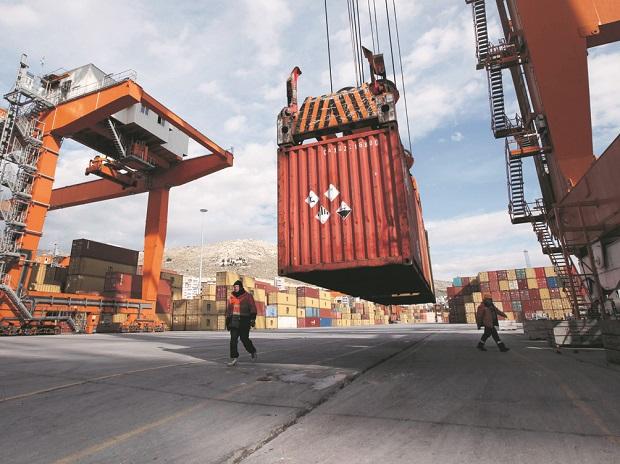Indo-Pacific Economic Framework, or IPEF, was formed jointly by the US and partner countries of the Indo-Pacific region on the sidelines of the Quad Summit in Tokyo on the 23rd of May this year.
IPEF is an important part of US President Joe Biden’s strategy to counter growing Chinese clout in the Asian economic sphere. The first in-person ministerial meeting of the 14-nation bloc took place in Los Angeles last week.
And its joint declaration was on the expected lines. India decided to join three pillars of the IPEC. These relate to supply chains, tax and anti-corruption, and clean energy. However, it has decided to opt out of the trade pillar for now.
Commerce and Industry Minister Piyush Goyal cited the lack of a broader consensus on issues such as environment, digital trade, labour and public procurement. Stating that the final contours of the framework on trade were yet to emerge, Goyal said that India was yet to ascertain what benefits member countries would derive. And whether any of the conditions, for example on the environment, might discriminate against developing countries.
The minister also pointed out that India was in the process of firming up its digital framework and laws, especially on privacy and data. According to Goyal, while India would continue to engage with IPEF on trade, it would wait for the final contours to emerge before finally associating with that particular pillar.
Apart from India and the US, the 12 other members of the IPEF are Australia, Brunei, Fiji, Indonesia, Japan, Korea, Malaysia, New Zealand, the Philippines, Singapore, Thailand, and Vietnam. All the other member nations have joined IPEF’s four pillars. The IPEF partner countries represent over 40 per cent of the global economy.
The IPEF has four pillars. The first is supply-chain resilience. The second involves clean energy, decarbonisation, and infrastructure. The third deals with taxation and anti-corruption. And, the fourth one is fair and resilient trade. The US is also seeking to include issues like the cross-border flow and localisation of data under the framework.
According to a February report by the US Congressional Research Service, member countries have to sign up to all of the components within a particular pillar, but do not have to participate in all the pillars.
The “fair and resilient trade” pillar is being led by the United States Trade Representative and includes digital, labour, and environment issues, with some binding commitments. However, the IPEF does not include market access commitments such as lowering tariff barriers.
IPEF is the first plurilateral deal that India has agreed to join after exiting the Regional Comprehensive Economic Partnership, or RCEP, deal in 2019. The decision to opt out of the trade pillar for now may make sense since it is possible that India is not adequately prepared to handle negotiations on labour, environment standards and digital trade.
After all, domestic regulations in all of these areas are yet to reach a level of maturity. But, there is need for a nuanced view because while India’s domestic limitations may have driven its decision, there will be an impact on how member nations, especially the US, view it. Also, the impact of the decision on India’s ambition to be a part of the global value chain needs to be looked at closely.
While the decision may be the right step as far as India’s domestic sensitivities are concerned in the short-term, there is also a counter argument when it comes to how competent the country is in negotiating on complex trade issues. Remember that at present, India is negotiating trade deals with the UK, Canada and EU. It has also agreed to including chapters regarding new-generation trade issues.





GIPHY App Key not set. Please check settings